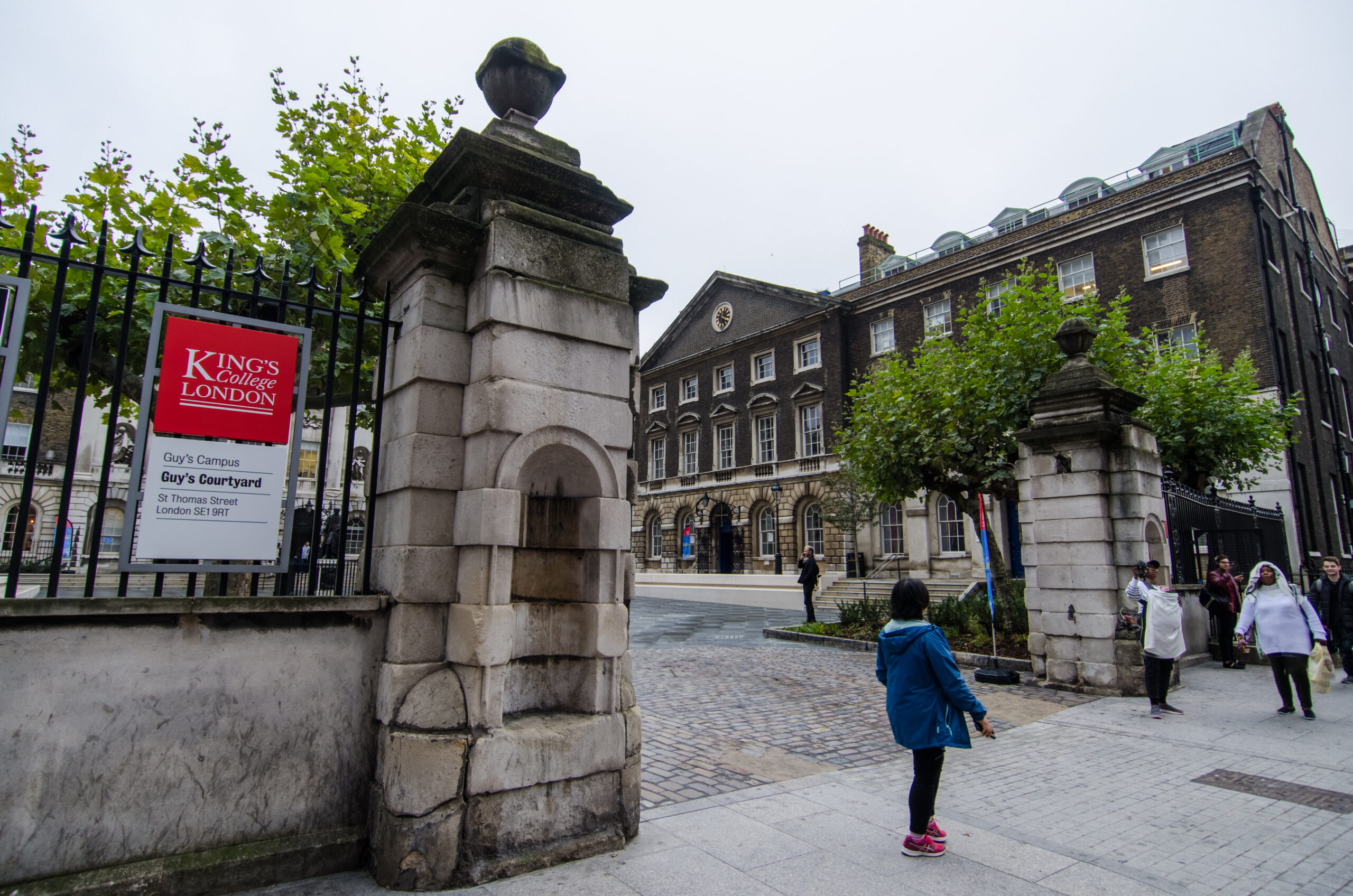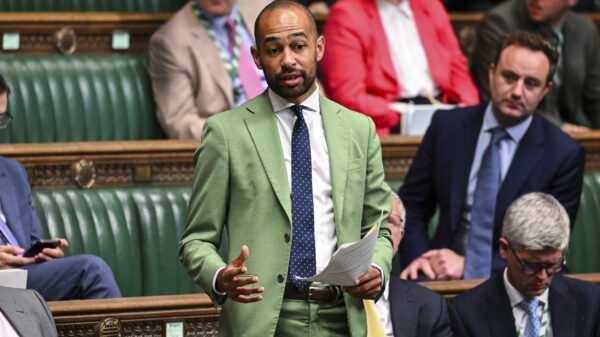King’s College London (KCL) launched a pioneering fast-track medical degree for experienced healthcare professionals, aiming to help experienced healthcare professionals, such as nurses and paramedics, train to become doctors.
The new Healthcare Entry Medicine MBBS will open for applications in September 2025, with the first cohort starting in 2026.
The new course is targeted at current healthcare professionals. It aims to help patient-facing professionals (such as nurses, midwives or paramedics) transition into careers as doctors. KCL is the first Russell Group university in the UK to offer a fast-track degree supporting those currently in healthcare to become doctors.
Applicants must have at least two years of full-time experience in a patient-facing healthcare role. They will also need to sit the University Clinical Aptitude Test (UCAT), an admissions test taken by many prospective medical students, and hold a 2:1 undergraduate degree.
As the degree focuses on those with prior experience in healthcare, it will differ from the University’s existing Graduate Entry Medicine MBBS. Rather than repeating basic clinical practice, the course will build on the students’ existing experience by focusing on advanced topics such as bioscience and population health.
Students will benefit from learning at partner hospitals, including Guy’s, King’s College and St Thomas’. Students will also undertake clinical placements at district general hospitals across the South of England and at over 350 general practices, a feature it shares with other King’s medicine degrees.
Professor Nicki Cohen, Dean of Medical Education, said:
“King’s has a long-standing reputation for excellence in medical education. This new course opens the door to a diverse pool of talented professionals who are already making a difference in patient care and wish to take the next step in their medical careers.”
However, some students have raised concerns about the new programme. A second-year medical student, told Roar that while the course offered opportunities for mature students, its financial model could be a significant barrier.
“Students will graduate after at least seven years of studies and two of entry-level work, only to become junior doctors and earn £35k whilst being in a large amount of debt,” she said, warning of the danger that medicine could become “even more exclusive for those from privileged backgrounds.”
El Diwany also disputed the idea that the course could remedy the UK’s doctor shortage, attributing the crisis to systemic issues.
“[The shortage] is due to a lack of places and funding for specialty training, dreadful pay and treatment by the government, and awful working conditions which are driving UK doctors abroad,” she argued.
BA European Politics Student

















